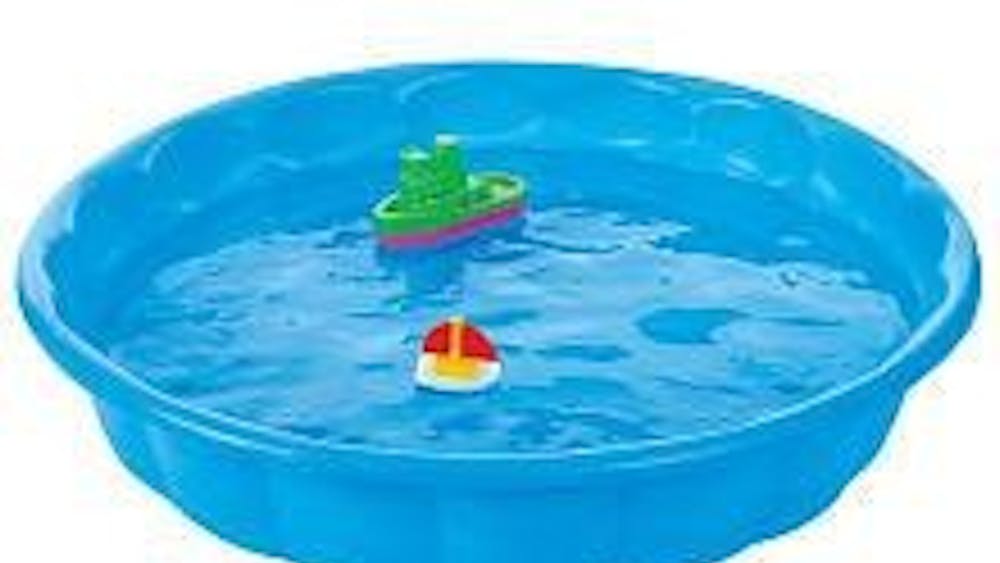Part of the fuss about the apocalypse is the fact that the Mayan calendar ends in 2012, supposedly predicting the end of the world. But rest easy Hoosiers
—
the Mayan calendar will start over just as ours does every year after Dec. 31.
"The Mayans lived a thousand years ago, and their calendar is a cyclical calendar," astronomy professor Stuart Mufson says. "So this is 2012, where it ends, and it will just start again. It's like, is the world going to end every New Year's Eve? That doesn't happen either."
Mufson says the only occurrence that could cause a lot of damage would be is an asteroid hit or a nearby star went supernova.
Even if the asteroid were relatively small, it could cause huge damage if it hit the Earth. But scientists can detect asteroids using a reasonable amount of effort, Mufson says.
Supernovas, on the other hand, occur when certain kinds of stars blow up at the end of their life. But these events are rare. The last supernova in our galaxy was seen in 1605.
"I don't think there's any reason to think 2012 in terms of cosmic catastrophe is any worse than 2011 or 2013," Mufson says.
Survival Tips
If an asteroid were about to hit the Earth, Mufson recommends sending a spacecraft to nudge it out of orbit so it misses the planet.
"Look, if it's a matter of life or death, you'd do it," Mufson says.
However, 80 percent of the Earth's surface is water, so it's almost certain the asteroid would hit the ocean, Mufson says, which would cause much less damage.
But if an asteroid did hit the Earth, Mufson suggests humans evacuate in an atomic bomb-like shelter.
"If something hit and you had food down there, it wouldn't wreck everything. It would just make everything dark, and plants would die," Mufson says. "It depends how big it is, though."
The end is near?
Get stories like this in your inbox
Subscribe




